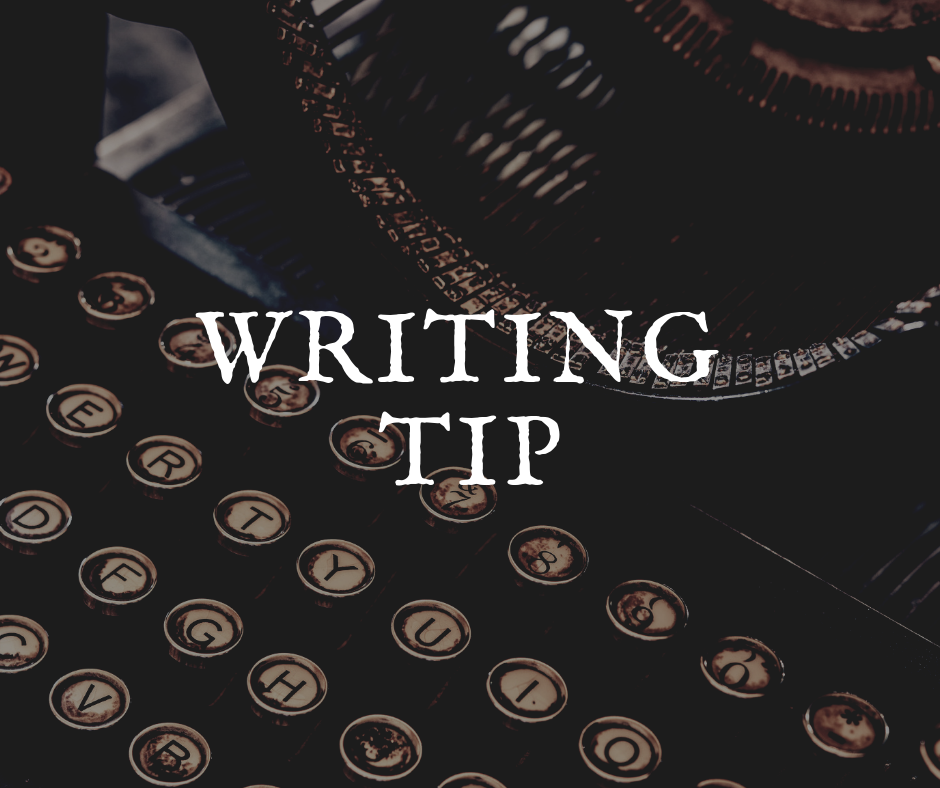|
Many authors dream of having their book picked up by a major publishing house. It’s a fantastic dream! Traditional publishing is exciting … your manuscript has caught the attention of people in the know, and it has the potential to become a seller (or even a best seller, if you’re lucky!). Step aside, J.K. Rowling. But is traditional publishing right for you? With the advent of self-publishing in recent years thanks to companies like IngramSpark, Lulu, and Kindle Direct Publishing (Amazon), the opportunity to publish has opened doors to authors around the world. The following is a brief overview of what you can expect depending on which route you decide to take:
Traditional publishing means submitting your book to a publishing house, usually through a literary agent. If your book is selected for publishing, the publishers pay for the editing, production, marketing, and distribution of it. The author usually receives an advance plus royalties once sales surpass the amount of that advance. In short, if you are being paid to publish your book, you are publishing traditionally. A few things to consider: Traditional publishers rarely take chances on books that don’t have guaranteed sales. Therefore, they expect you to have a unique, sellable idea and a significant platform (upwards of hundreds of thousands of followers on social media or in your email list who will potentially buy your book). And once a publisher has signed your book, it can take up to two years for it to hit the shelves. But being published by a reputable publisher increases the likelihood of media attention and sales. If you pay for any part of the publishing process (editing, cover design, etc.) you are considered self-published, even if you use the services of small, independent publishing houses (indie publishers). There is absolutely nothing wrong with self-publishing. A published book is a published book! A few things to consider: Self-publishing will cost you money (editors and designers charge in the thousands for their services, so be prepared). Additionally, you will have to rely on word of mouth and social media for sales as you will not have the backing of a powerful publishing house. However, once your final manuscript is ready, self-publishing will allow you to have a book in hand relatively quickly. Most importantly, you will be a published author! Good luck on your publishing journey. Happy writing!
0 Comments
|
Archives
June 2019
Categories |


 RSS Feed
RSS Feed